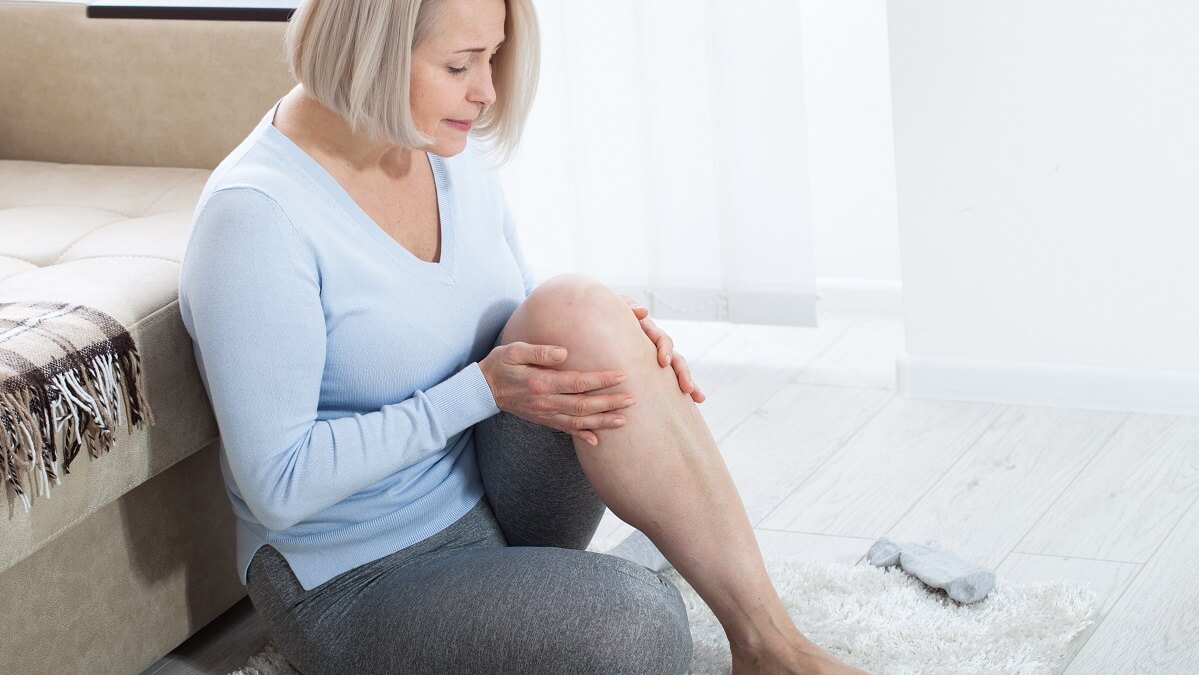Do your joints creak? Does your neck make a noise when you drop your head towards either shoulder? Do your ankles pop and your knees make a cracking sound?
Well, rest assured that’s usually normal. Periodic pops and snaps are likely to be gas bubbles bursting within the fluid of the joint, or tendons shifting position during movement and snapping back into place.
“Such noises are a normal, common occurrence,” says orthopaedic surgeon Kim Stearns, although he cautions that if the cracking is associated with pain or swelling or if there is a crunching or grinding sound, then you should see your doctor.
“As long as it’s not painful, joint noise is okay,” he told Health Essentials. “If there’s pain, you may have an injury that requires treatment.
“The older you get, the more noise your joints can make, because some of your cartilage wears away as part of the normal ageing process. Then these surfaces get a little rougher and so you get more noise as they rub against each other.”
Read: Menopause ruining your sex life?
Joints connect bones and consist of cartilage, synovium and a lubricant called synovial fluid. Age and injury to joints can lead to discomfort. Excess weight is likely to exacerbate any problem.
So what can we do to keep joints healthy or improve their health?
1. Get moving
When we move a joint, we help the synovial fluid to move so that old fluid flows out and new fluid moves in. Old synovial fluid contains mineral deposit and microbes. Moving your body and your joints every day is the best way to lubricate your joints naturally.
Dr Stearns says: “We say motion is lotion – the more you move, the more your body lubricates itself. When you’ve been sitting or lying around, fluid in the joints doesn’t move. The more active you are, the more your joints lubricate themselves.”
Aim to exercise your joints for five to 10 minutes every morning. Check with your doctor but low-impact activities such as walking, swimming and cycling are excellent exercises for much more than just joint health.
Read: What happens in your brain during a near-death experience?
2. Check your posture
The way you sit, stand, walk and run has a big impact on whether your joints will remain pain free. Ensure any work spaces are adjusted for you, that your most used chairs encourage good posture. Check you are not putting undue stress on joints through your walking or running action. Don’t arch your back. Get someone to video your action or check with a professional.
3. Eat the right foods
Fats derived from avocado, nuts, seeds and fatty fish such as salmon are top of the list for keeping joints lubricated. The Arthritis Research Campaign (ARC) says fish oil, derived from fatty fish such as sardines and salmon, can be effective.
A diet rich in plant products has an anti-inflammatory effect on the body and is particularly good for joints, according to research. Regularly include vegetables from the Brassica family, such as broccoli, Brussels sprouts, kale and cabbage.
Antioxidants such as vitamins E, C, A, B5 and B6 help maintain cartilage and support its repair.
Read: Alarm sounded over ‘low-sugar’ alcohol
4. Massage
Massage targets the soft tissues of the body, such as muscles, tendons and ligaments. By easing tension in these areas, you are helping the joints to stay pain free. A regular massage can be a great preventative treatment. And it feels good.
Do your joints sound like an orchestra? What do you do to stretch and ease your joints? Why not share your tips in the comments section below?

